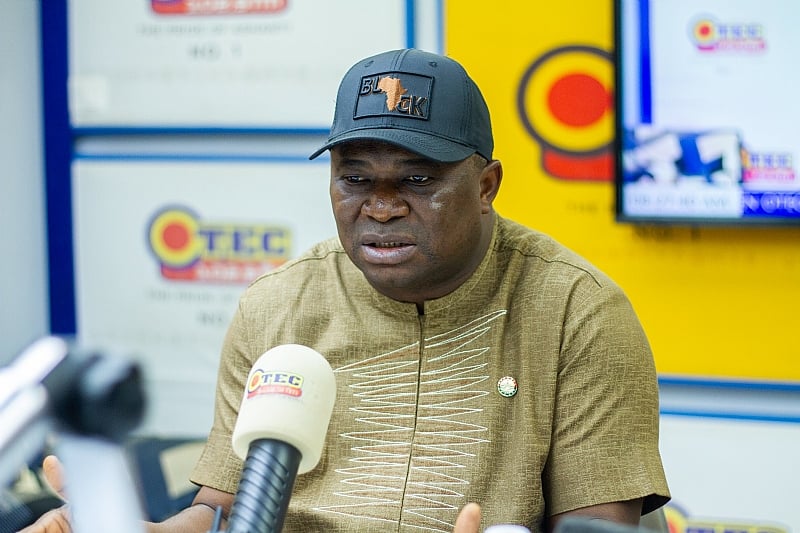Alexander Akwasi Acquah, a Member of Parliament representing Akyem Odaa, has issued a direct challenge to the ruling National Democratic Congress (NDC) government in Ghana, urging them to broaden the scope of their anti-corruption campaign. Acquah argues that the current administration’s focus on alleged wrongdoing by the preceding New Patriotic Party (NPP) government is indicative of a potential bias and that a genuinely effective anti-corruption strategy must encompass investigations into past NDC administrations as well. His call for a more comprehensive and equitable approach to tackling corruption comes in the wake of the establishment of “Operation Recover All Loot” (ORAL), an anti-corruption team tasked with collecting evidence and petitions related to alleged misappropriation of state resources by government appointees. Acquah contends that scrutinizing only the previous administration while ignoring potential wrongdoings of past NDC governments creates a “double standard” that undermines the credibility of the anti-corruption drive.
Acquah’s critique centers on the principle of equitable accountability. He posits that a truly committed fight against corruption necessitates a willingness to examine one’s own past actions and rectify historical wrongdoings. Limiting the investigation to the immediate predecessor, he argues, suggests a selective application of justice and potentially serves as a political tool rather than a genuine attempt to eradicate corruption. He emphasizes that all past governments, regardless of party affiliation, should be subject to the same level of scrutiny. This comprehensive approach, he maintains, would not only demonstrate impartiality but would also send a powerful message that corruption will not be tolerated under any administration. His remarks reflect a growing public sentiment demanding greater accountability and transparency from political leaders.
The timing of Acquah’s statement coincides with a period of heightened public awareness and demand for accountability from government officials. Many Ghanaians perceive the current anti-corruption efforts as inconsistent and potentially driven by political motivations. Concerns have been raised about selective targeting and the potential for politically motivated prosecutions. This perception of bias erodes public trust in the government’s commitment to addressing corruption comprehensively. Acquah’s call for a broader investigation echoes these public anxieties and reinforces the need for a more transparent and equitable approach.
Acquah’s appeal for a wider-ranging anti-corruption drive aims to establish a culture of accountability and transparency within Ghanaian politics. He believes that subjecting all past governments to scrutiny would foster a sense of responsibility among political leaders and discourage future corruption. By holding everyone to the same standards, regardless of their political affiliations, the government can demonstrate a genuine commitment to eradicating corruption and building public trust. This call for comprehensive accountability aligns with the growing public demand for ethical leadership and responsible governance.
The implication of Acquah’s argument is that focusing solely on the previous administration’s alleged wrongdoings could be interpreted as a political maneuver designed to discredit the opposition. This tactic, he suggests, undermines the integrity of the anti-corruption campaign and perpetuates a cycle of politically motivated accusations. By expanding the scope of the investigation to include past NDC governments, the current administration could demonstrate its commitment to unbiased and genuine efforts to combat corruption. This approach would not only strengthen public confidence in the government’s intentions but also contribute to creating a more equitable and transparent political landscape.
In essence, Acquah’s challenge to the NDC government highlights a critical juncture in Ghana’s fight against corruption. He argues that a truly effective anti-corruption strategy must transcend partisan politics and encompass a comprehensive review of past administrations. By holding all governments accountable for their actions, Ghana can establish a precedent for transparency and ethical leadership. This approach would not only address historical injustices but also lay the groundwork for a more just and equitable future, fostering public trust and strengthening democratic institutions. The government’s response to this challenge will be a crucial indicator of its commitment to addressing corruption comprehensively and its willingness to foster a culture of accountability within the political landscape.














